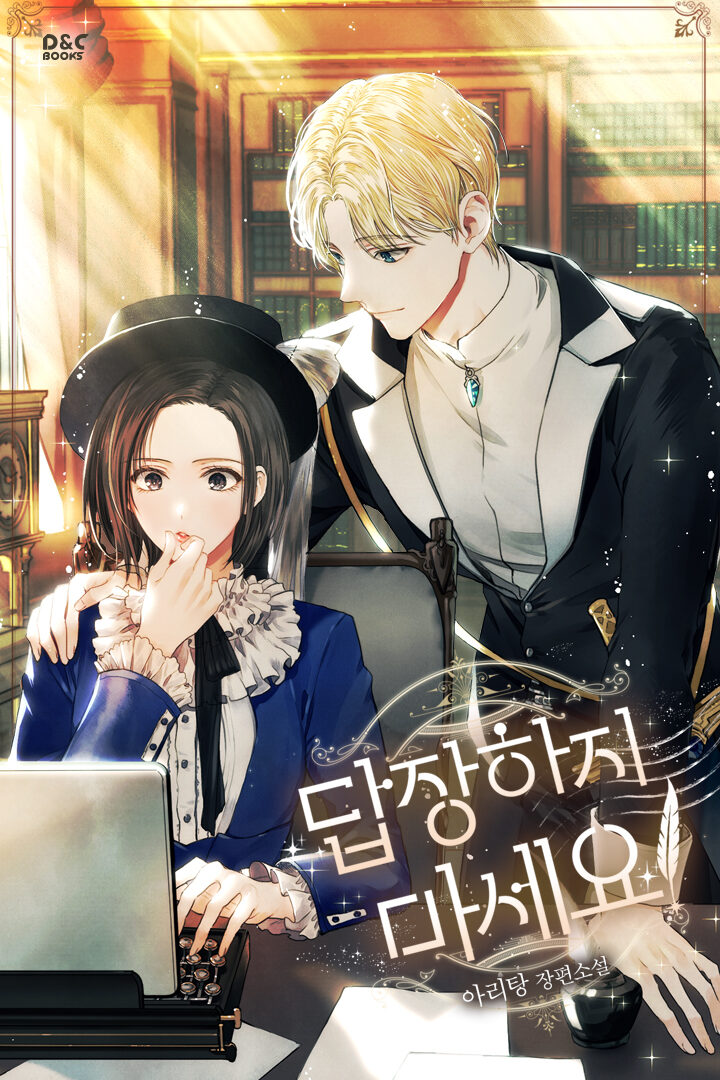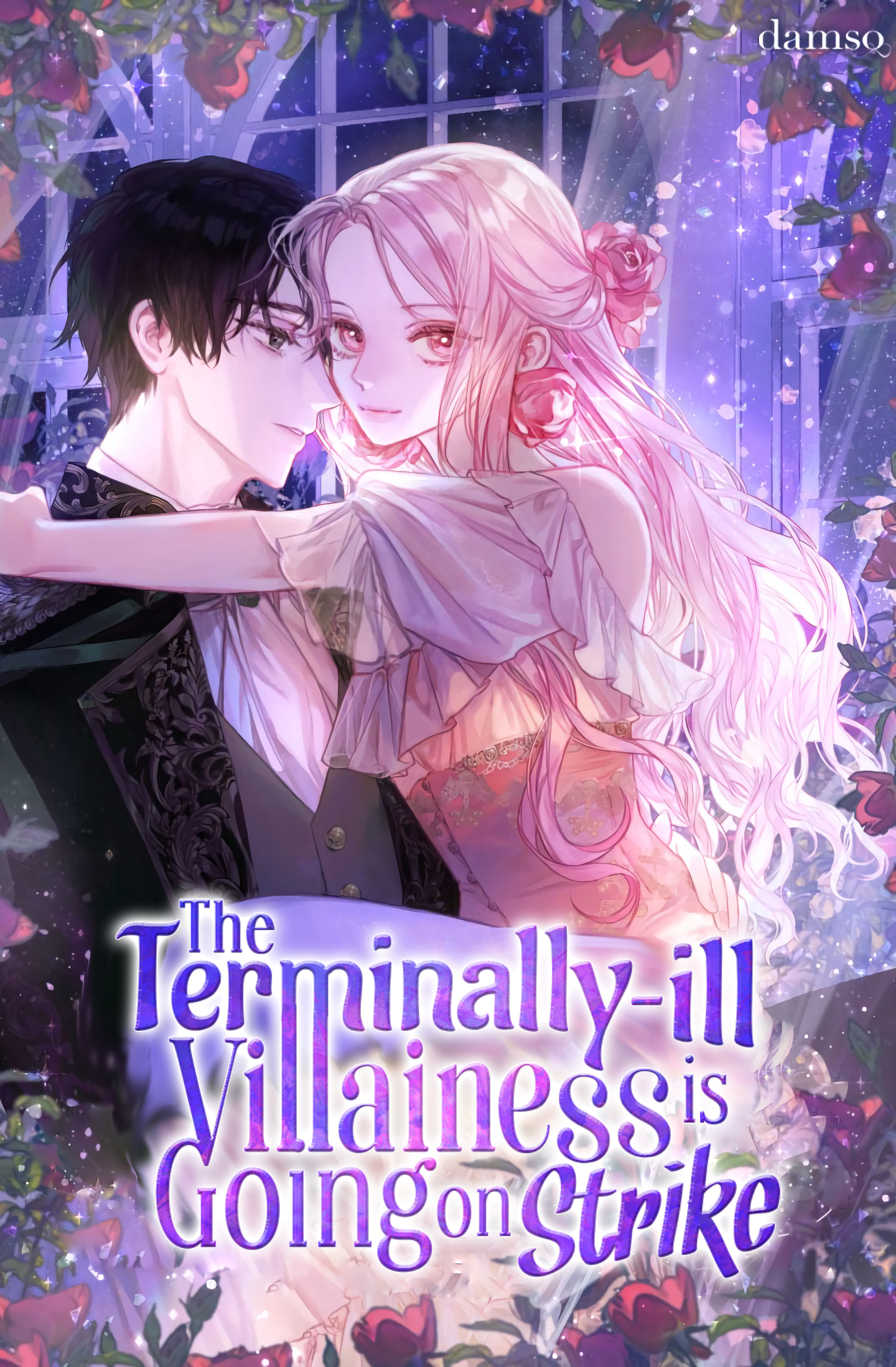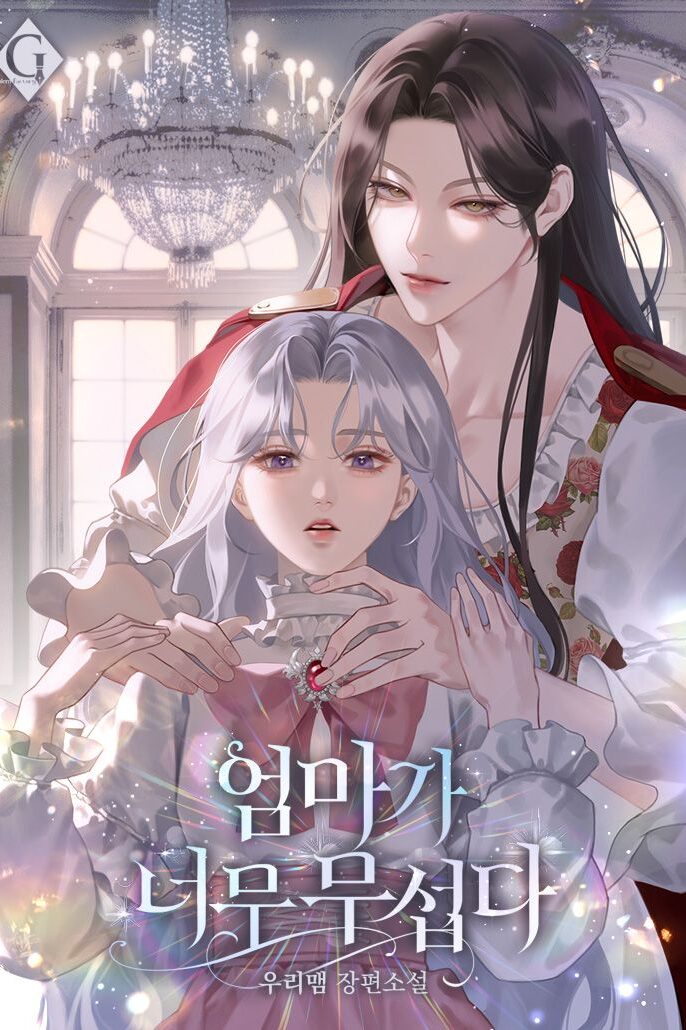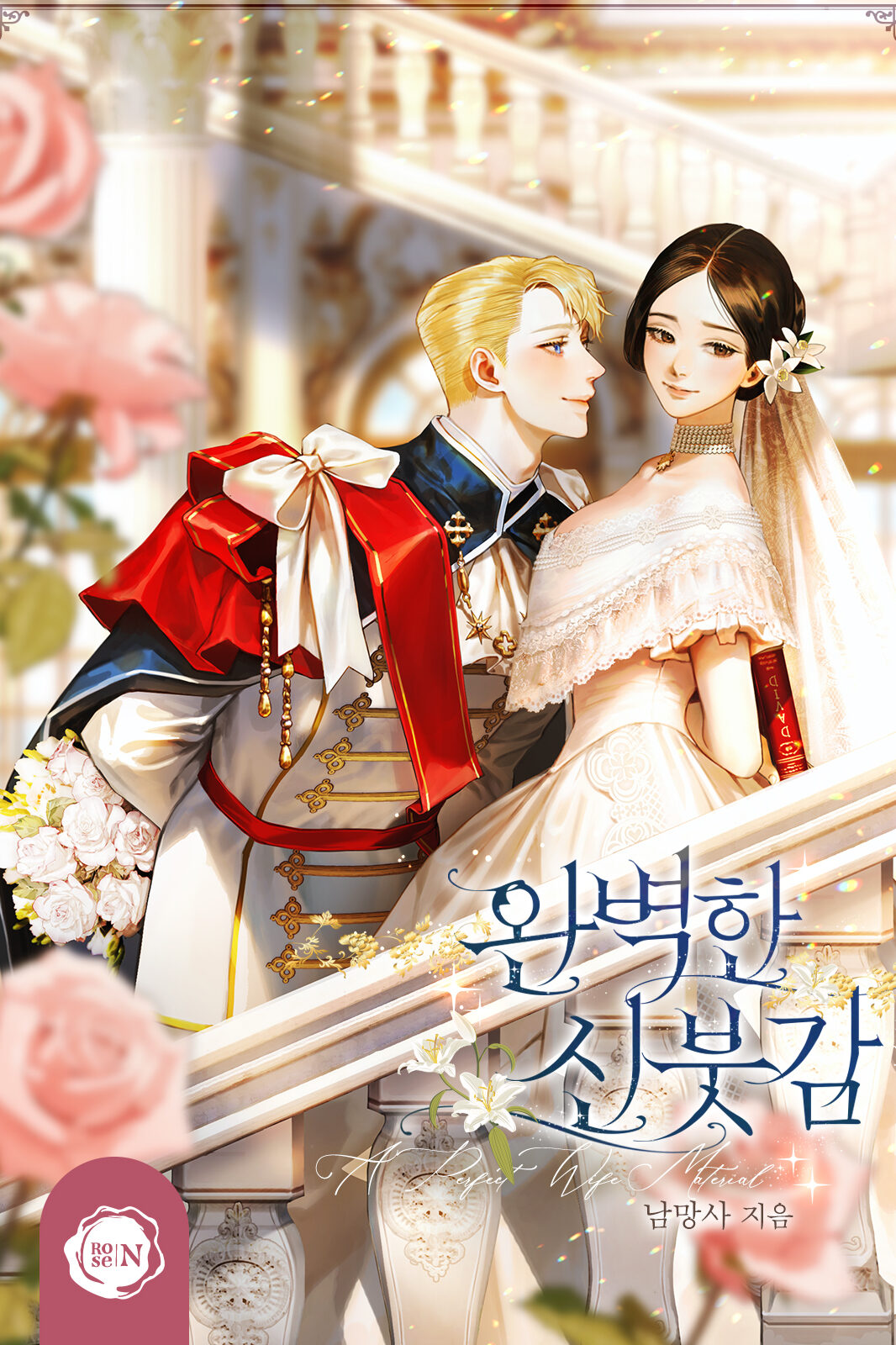Chapter 10 : Owned by Art—or by Him?
Klein reached into the inner pocket of his jacket with his left hand, searching for the portable cigarette case. He lit a nearby match, tilted his head, and lit his cigar. With a face etched in boredom, he flicked his wrist to extinguish the match’s flame, then took a deep draw from the cigar and slowly exhaled the smoke toward Brittany’s face.
The smoke dispersed slowly in the air, and Brittany’s tightly sealed lips parted with a soft cough: “Kuh, kuh.”
She tried once to calm her throat, but a faint cough slipped through her lips. Klein looked at her coldly as he continued to smoke.
The woman had been trembling in fear the entire time. Even in the carriage, she had been stealing glances at him, trembling, as if he could never guess what she was thinking.
Even his jokes had only elicited a pale, leaden face—no hint of humor or relief.
And yet, here she was, rebelling like this.
Klein turned his head and let out a brief chuckle. As he smoked his cigar for a while, he calmed the irritation that had surged from this unexpected defiance, and then he spoke:
“A relationship between employer and employee? No. This is closer to creditor and debtor. I paid ten thousand pounds for you, and I’m merely your patron in name—not out of charity.”
“…”
“So, don’t ignore your master’s orders without permission. You don’t have the right to disregard my words.”
He extinguished the last bit of his cigar beneath his boot and continued:
“I’ll ask again. Why didn’t you paint?”
“I don’t know how to paint. And I didn’t think you were serious about your request.”
Her voice was weak, fragmented by coughs between the words.
“Ah, you don’t know how to paint? And you didn’t think I was serious?”
“Yes.”
“Are you mocking me now?”
It was a shocking response.
Even at that moment, she looked at him with eyes full of injustice and shame. She seemed on the verge of tears but forced her eyes wide open to suppress them, making her appear pitiful.
And indeed, after a few moments, she lowered her head, blinked, and a tear fell.
It was an astonishing scene.
He was the one who had the right to cry, not her.
He had thrown ten thousand pounds into the air—along with the means to achieve his mother’s last wish, which had become his own: to attain noble status.
All of it vanished with those ten thousand pounds.
Money had always been important in his life—but not in this case.
That’s why he exchanged ten thousand pounds—a quarter of his annual income, a sum that could provide decades of comfort for most people—for an obscure, unknown female artist, who not only lacked recognition but carried the risk of being shunned for her gender.
He was convinced that Brittany’s rebellion stemmed from the humiliation of being brought here in place of her father’s debt.
Otherwise, what was the problem? Hadn’t he promised the best conditions? All he asked was that she paint. Clearly, the problem was her pride.
Being sold off had wounded the pride of the count’s daughter.
But was that truly such a grievous injustice? He fed her, sheltered her, would provide a doctor if she fell ill, and allowed her to paint.
Shouldn’t she be grateful? He wanted to ask her that. But what left his lips was a furious curse:
“So, do you think I spent ten thousand pounds to play children’s games with you? Why do you think I’m your patron?”
“…”
“Don’t ignore me. Answer. Why am I your patron? This is the second time I’m asking. You’re not so stupid that I need to repeat myself a dozen times. Is what I’m saying funny? Or are you genuinely lacking awareness?”
Even now, her expression showed that she did not understand why she was being subjected to this treatment.
That only deepened his anger. And just as he pressed her, she finally answered—like a cornered mouse biting the cat—through trembling lips:
“Maybe… because you have too much money. Or maybe… because you pitied me.”
“Yes, I have so much money it’s rotting. But no, it wasn’t out of pity. Do I look like someone who’s swayed by such cheap emotions?”
He didn’t look like someone driven by compassion, but to Brittany, it still felt like mockery.
From her perspective, something about his behavior felt off.
Yes, she had been sold to pay off her debts—but his treatment was far too cruel.
Hadn’t he brought her here suddenly and demanded she paint without any introduction or explanation of his supposed patronage?
Brittany couldn’t understand his motives. She couldn’t see things from his point of view.
She was convinced he had ulterior motives. That’s why she didn’t paint.
And even when he asked her why she hadn’t painted, she had nothing to say. Even now.
She would rather die than have her dreams mocked and crushed by someone she barely knew.
So this kind of provocation wasn’t encouragement or threat—it was humiliation, heightening her anxiety.
When Brittany remained silent, Klein continued:
“Did you forget? Ten thousand pounds. That’s what I paid to cover your father’s debt. Even if you’re ignorant of money, you know that’s a colossal amount. If you had any sense of logic, you wouldn’t have dared defy me.”
“I’m sorry—”
He cut her off, pointing to the blank canvas:
“Paint. Even if you don’t want to, you’ll paint here until you’ve paid back the ten thousand pounds.”
“I… I have no talent. Even if I paint, I’ll never repay that amount.”
“That’s not for you to decide. That’s my call. Now, paint.”
“…”
“Stop trembling. Why are you shaking? Do I look like I hit you?”
“Then hit me.”
“What?”
Her words, after a long silence, were more shocking than anything that had come before.
He rubbed his face roughly to maintain his composure, then scowled and asked:
“Why should I do that?”
“Because I can’t paint. I’ll repay the debt by enduring a beating until you’re satisfied.”
‘Is this woman insane? What is she saying?’
She had already dropped to her knees.
“Get up.”
“I’ll take the beating quietly. I can endure it without a sound. But painting… I can’t.”
“Stand up before I truly get angry.”
Despite his scolding, she shook her head and didn’t move. She kept insisting she would repay the debt through punishment—as if she were a statue.
It was astonishing.
She acted as if she were determined to exhaust his patience.
She seemed deaf—or perhaps she truly lacked comprehension.
Even minutes later, when he said:
“I don’t enjoy hitting people. I won’t repeat myself,” she didn’t budge, like a sculpture of stone.
He let out a disbelieving laugh.
A headache pierced through him, and he pressed his fingers against his brow, trying to suppress his fury.
She was a strange woman. He never expected this.
Anyone would choose to paint over being beaten. This couldn’t be what she truly wanted. If she really wanted punishment, she wouldn’t tremble in fear.
So this… was rebellion.
Klein let out a cold scoff.
He was now sure—her pride wouldn’t allow her to accept being sold for her father’s debt.
He looked at his manicured nails, then touched his left ear and muttered quietly:
“If you hate painting that much, then…”
He approached her, still kneeling, and grabbed her thin arm to pull her upright. She rose like a paper doll in his grasp.
“If you think you’re more talented at something else… then do that.”
He shoved her violently against the wall. His tall shadow—nearly 189 centimeters—engulfed her. He grasped her chin, lifting her head to force her gaze up. With his thumb, he pressed hard against her chin and yanked her waist toward him with his other hand, pulling her close.
Her golden eyes shimmered with tears, quivering as if she couldn’t comprehend the situation. When she realized where she was, she tried to pull away—but she was trapped between the wall and his body.
The flutter of her long lashes trembled like the wings of a trapped bird.
“My money shouldn’t go to waste. You have to be worth the price. Choose—this or that. I won’t force you.”
He brushed away her tears indifferently and leaned toward her face as if he were about to kiss her.





